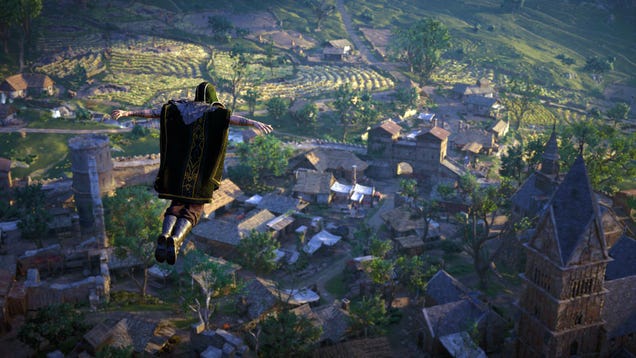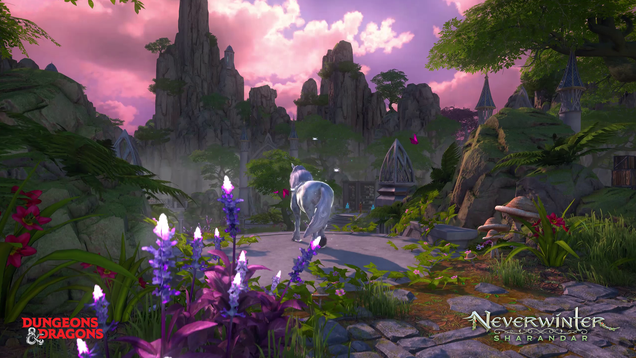
The last year or so hasn’t been great for Stadia, Google’s game streaming service. And now its Director of Games is leaving to join a different part of Google. This follows other high-profile exits from Stadia earlier this year and seems to signal that Google is truly done making or funding exclusive games for its fledgling game service.
As reported by ZDNet, Jack Buser is leaving Google Stadia on September 13. He was the streaming service’s Director of Games, having worked on Stadia for about five years. Buser, who before all this spent a decade at PlayStation working on PS Home and PS Plus, helped Google Stadia develop partnerships with game devs and publishers. As ZDNet points out, his move to Google’s Cloud division signals a shift in the search company’s gaming strategy. Instead of focusing on exclusives and original games for Stadia, the platform and Google’s cloud services will be leveraged as a tool and distribution option for other, third-party game companies.
Google explained to ZDNet that this was good for Stadia, spinning this departure as a way to bring “new partnership and product opportunities” to both Stadia and Google’s overall cloud services. But it’s hard to see another high-level exec jumping ship from Google Stadia as a good thing, especially after numerous other execs and workers have left the company in the past year, including high profile folks like game designer Jade Raymond and Stadia’s former Head of Product, John Justice. Raymond, along with other former Google Stadia folks, formed a new dev studio and quickly partnered with PlayStation to work on a new IP.
In February 2021, Google abruptly shut down its internal game studios, a big indication that the company had lost faith in its original plans for Stadia and wanted to change things up. The company had, just the week before the closure, praised how much progress the studios had made on the various games being developed. Around that same time, it was reported that Google Stadia’s 2019 launch had underperformed its sales target by hundreds of thousands of users, despite spending “tens of millions of dollars” to secure ports of big blockbuster games like Red Dead Redemption II.
Source: Kotaku









